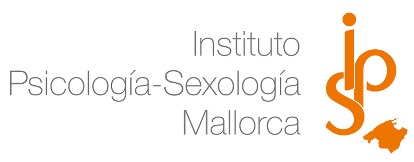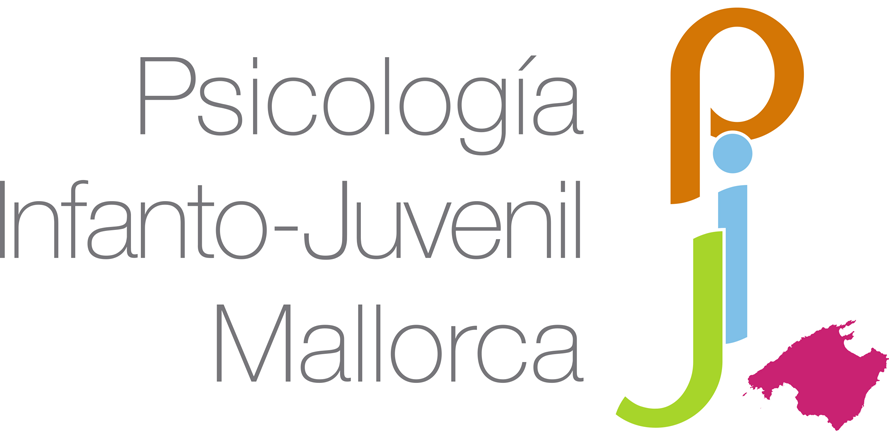Does my son/daughter really need psychological assistance or is it typical of his or her age?
It is very difficult for us to respond to that question without knowing your case. Nevertheless, any situation in our life that generates thoughts, emotions and behaviours that make our children or ourselves suffer and/or make our day-to-day life difficult, is very likely to be susceptible of psychological care.
If you have doubts, our recommendation is that you consult us without obligation, perhaps by opting for the Free Informative Visit that we offer, or by phone or email, to make sure if this is what you are looking for and if we can help your child with his or her specific problem.
What does psychotherapy consist of?
Getting psychological counselling is an important and sometimes difficult step to be taken, especially when it comes to the well-being of our children. Therefore, it is important for us that you feel informed about the process that we will initiate.
In some cases, punctual advice of a few sessions may be enough, but very often the problem is a bit more complex and requires a therapeutic process that consists of the following phases:
- First visit with parents and/or guardians. It is not essential that both attend, but it is recommended, since the objective of this first visit is to gather as much information as possible. If you consider that third parties involved in the child’s education should attend, it would also be possible.
- Assessment of the problem and the person/s involved: during some sessions we will focus on knowing in depth the problematic behaviours, emotions and/or thoughts, as well as a brief psychosocial history of the child or adolescent and the family. It is necessary to find out the origin and maintenance of the problem, and to plan a correct intervention. A concrete difference between working with children in comparison to adults is that we intervene in all areas: family, children and school, in order to achieve the best results in the shortest possible time.
- Return of information: we inform both parents and children about the assessment and the way to solve the problem or alleviate the symptoms. On this day we share our therapeutic objectives, we agree them with the child and explain the subsequent intervention.
- Intervention: period in which we make the necessary changes, learn psychological techniques that can help, etc. It is common that in this phase there are “home tasks” as part of the treatment. At this stage of the process, “teamwork” between all the agents involved (parents, the child or adolescent, siblings, the school…) is essential.
- Follow-up: once the objectives have been achieved, some follow-up sessions are carried out over a longer period to verify that the favourable changes are maintained and to prevent relapses. Even if the psychotherapy has been carried out in person, these follow-ups can sometimes be done by telephone.
In any case, the phases described are the basic axis we work with, but the evaluation and treatment are always carried out in a personalized way since, depending on each case, some strategies or others are appropriate to solve the problem.
Between school, extracurriculars, therapy… Won’t it be too many things for him/her?
This depends on each case, but if there is a significant interference of the problem in the life of the child, the therapy is usually a shock and a relief for the children and adolescents who receive it.
What do I do if my child doesn’t want to attend therapy?
Our recommendation is that you opt for the Free Informative Visit, so that we can advise you individually, since it is a complicated situation, and the ideal is that the minor goes to therapy voluntarily. In some problems, especially about behavioral interventions, it may not even be necessary to intervene directly with the child.
Can I take my child to therapy if the other parent doesn’t want to?
In general terms, it is necessary for the individuals who hold parental authority to authorize a psychological intervention with a minor, except in cases where applicable legal provisions dictate otherwise. Please contact us for more information.
How often do I have to go to the consultation?
The usual frequency is weekly, since this way it is possible to reach the objectives more quickly. Especially with younger children, since they perceive time differently from adults, and two weeks without going can cause them to dissociate themselves from treatment. In any case, depending on the characteristics of each case, we can establish another frequency of sessions.
Will the therapy last long?
The duration of treatment depends on each case, but it is not intended to be an eternal path but enough for children to learn to select and use the tools they need to be happier and / or solve the problem in the shortest possible time.
Will I be able to match therapy with my child’s schedules?
Yes, since our consultation schedule is as flexible as possible to adapt to your needs.





